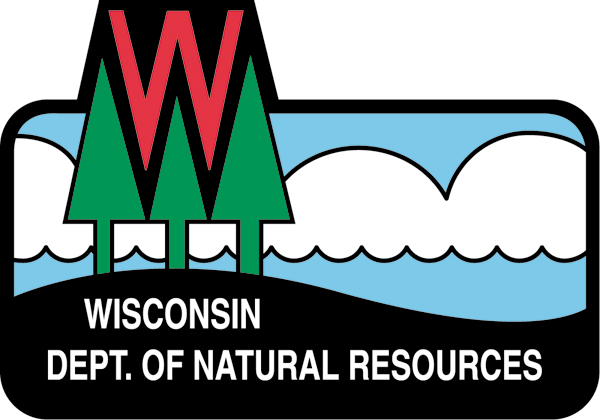Toilets and drains are not places for old, unused medications
There is a place for old, unused or expired prescription and over-the-counter medications, and it’s not the sewer system. Also called pharmaceutical waste, these non-flushable medications that are dumped down the drain or flushed down the toilet end up in our local waterways and ultimately in our drinking water.
That’s because most wastewater treatment plants, including the District’s Nine Springs Wastewater Treatment Plant, are not designed to remove pharmaceutical compounds or hormones from wastewater. Instead, these compounds pass through the plant and into the environment.
Trace amounts of pharmaceuticals have been found in lakes, rivers and streams around the world. In addition, a growing body of research shows that pharmaceuticals as well as personal care products (collectively referred to as PPCPs) can negatively affect aquatic life. For example, certain drugs have caused reproductive issues in fish populations. There is ongoing research about PPCPs’ effects on human health.
Safe disposal of medicationS & Pharmaceutical Waste
While trace amounts of pharmaceuticals do enter the sewer system through human waste, there is an unnecessary, preventable source of pharmaceuticals to our waters: the intentional disposal of unused medications down the drain. You can reduce pharmaceutical pollution by safely disposing of old medications and household pharma waste at dedicated collection sites.
- Stop by a secure MedDrop box near you. Operated by Safe Communities Madison-Dane County, these are typically located within local police stations or municipal buildings.
- Many pharmacies will also take back old and unused medications. Check with the pharmacy before you go to make sure they accept the type of medications you’re dropping off.
- The Wisconsin Department of Justice and federal Drug Enforcement Agency, along with local partners such as Safe Communities, also support and promote Drug Take-Back Days, which are typically held in April and October.
Responsibly disposing of pharmaceutical waste also helps protect public health and the health of your family as it prevents poisoning and other potential harm from accidental or intentional misuse of medications.

Find a MedDrop location near you
Safe Communities Madison-Dane County offers secure MedDrop sites across Dane County where residents can safely dispose of unwanted and expired medicine and pharmaceuticals.

Safe Disposal for Business & Institutions
Businesses and institutions that generate pharmaceutical waste are responsible for properly disposing of that waste according to state and federal law. The Wisconsin Department of Natural Resources offers information to help guide disposal for these organizations.







